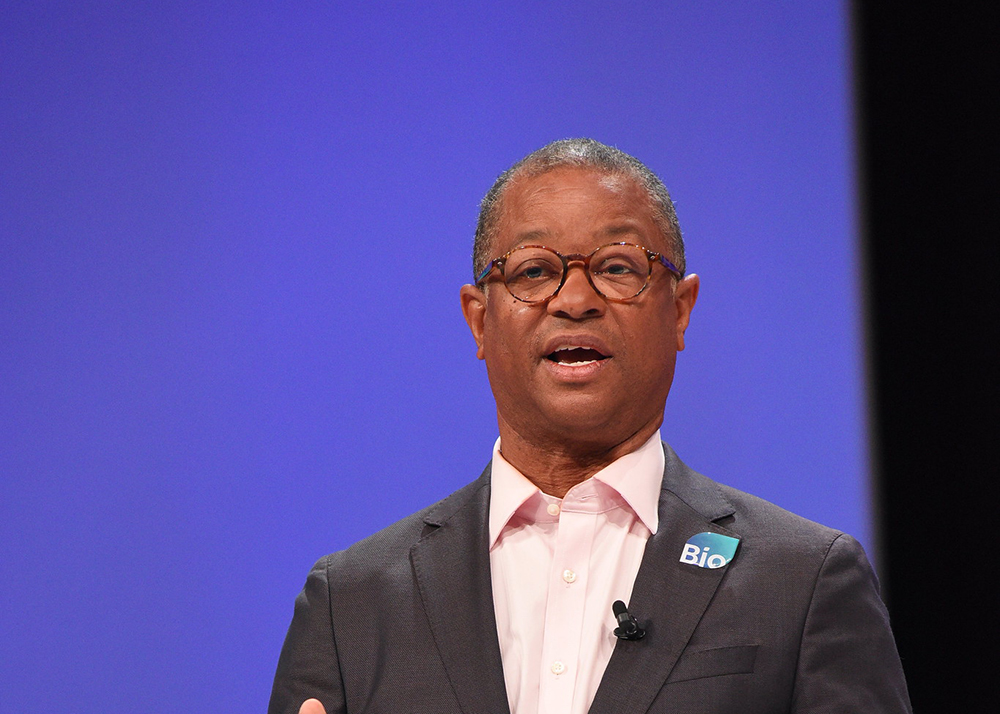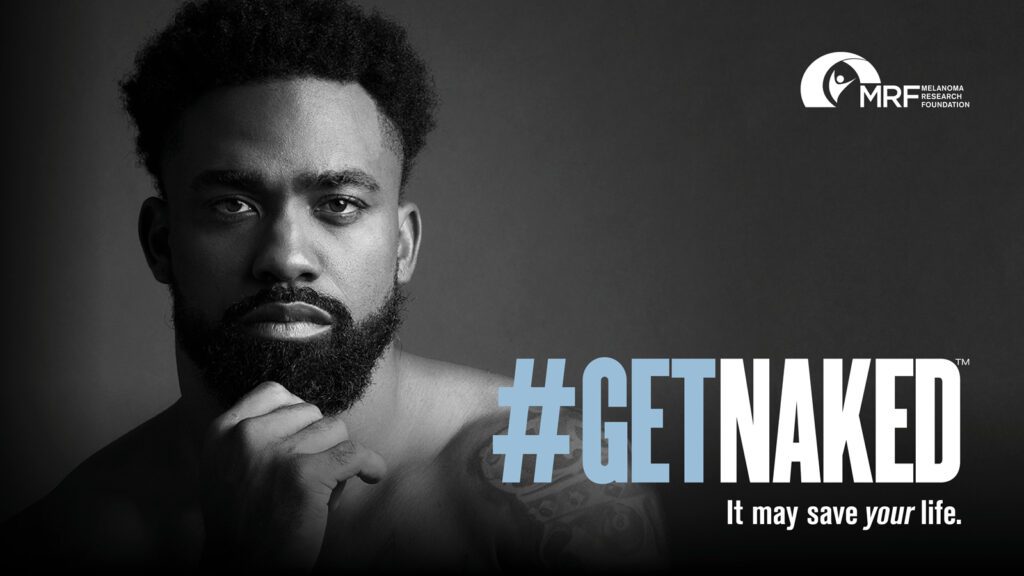Led by the idea that medical treatments need to be simple and accessible, Dr. Ted Love became President and CEO of Global Blood Therapeutics (GBT) in 2014, a biotech company that aimed to cure sickle cell disease and created the first daily pill to treat the underlying cause.
A former practicing physician and the current chair of the Biotechnology Innovation Organization (BIO), Dr. Love has focused his career on addressing the ongoing health disparities the sickle cell community faces.
Dr. Love received the 2023 Distinguished Service Award at the 18th annual Rockin’ The Red, hosted by the William E. Proudford Sickle Cell Fund.
What is sickle cell disease?
Sickle cell disease (SCD) is a rare genetic disorder that affects red blood cells (erythrocytes) by altering their shape and function. Typically, erythrocytes are round, but in sickle cell patients, they are crescents that block blood vessels and slow down oxygen delivery.
SCD is a debilitating, sometimes fatal illness that causes severe pain, a higher risk of infections, fatigue, and even organ damage.
As Bio.News previously reported, an estimated 100,000 Americans live with SCD. The disease occurs in about 1 out of every 365 Black or African American births, according to the Centers for Disease Control and Prevention (CDC).
“Just seeing how the patients had very few options, and quite frankly how they were treated in the hospitals, I felt that it was an indignity, and I felt it was really a moral imperative for someone to try to do something about it,” said Dr. Love—and he did.
How Dr. Love has fought for underserved communities
In an interview with Fox News’s Patrice Sanders, Dr. Love said he is hopeful people will no longer die of sickle cell disease, as there is greater access to early diagnosis as well as oral pills and therapy in the form of liquid formulation for children and babies.
“I think that is entirely possible and I predict that will be the future for sickle cell disease within the next ten years.”
“My hope is that people no longer die from sickle cell disease. I think we really are on the brink,” said Dr. Love.
Driven by the lack of drugs in the pipeline, as well as a community of underserved patients, GBT set on a “mission to discover, develop and deliver life-changing treatments that provide hope to underserved patient communities,” Dr. Love said in a statement in August 2022, when the company was acquired by Pfizer.
Dr. Love said the drug progressed when the team learned the hemoglobin – the protein inside erythrocytes that has the sickle mutation – can behave normally if it carries a single oxygen molecule.
This resulted in the creation of Oxbryta, a hemoglobin S polymerization inhibitor that improves the ability of the hemoglobin to hold on to oxygen, and prevents it from forming chains.
What’s next for sickle cell treatment?
GBT is now working on a second-generation drug that aims to stop the polymerization completely, Dr. Love told Fox News’ Sanders.
“The first therapy, Oxbryta, is very very powerful and helpful and it really ameliorates the symptoms, but it probably doesn’t get most patients to a level I would call curative,” Dr. Love explained. He’s hopeful to get the second-generation drug to that level.
Love said that after successfully treating a number of patients, the company was listed on NASDAQ, raising $1.5 billion for clinical trials around the world and subsequently becoming the largest investor in finding a solution for sickle cell disease.
One of the secrets to the many accomplishments may lay in their involvement with the SCD community and working closely with the patients.
“It’s not about me, it’s not about you – it’s about the sickle cell patient,” he said.
Watch the full interview below:




